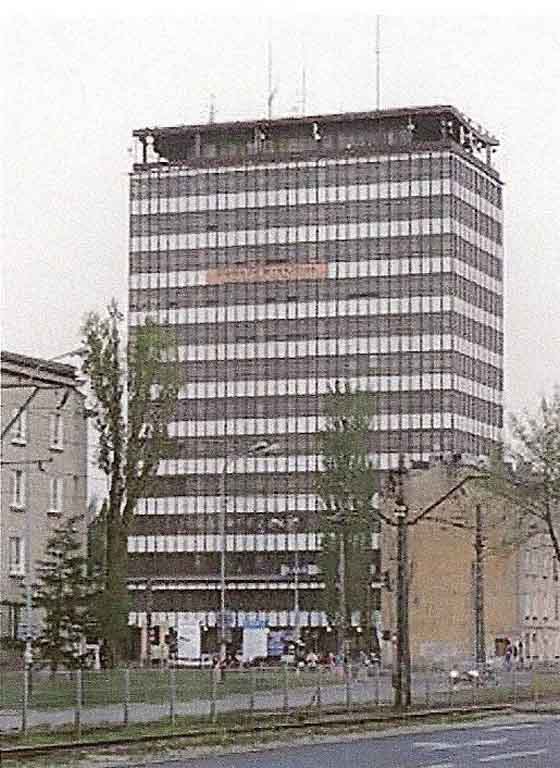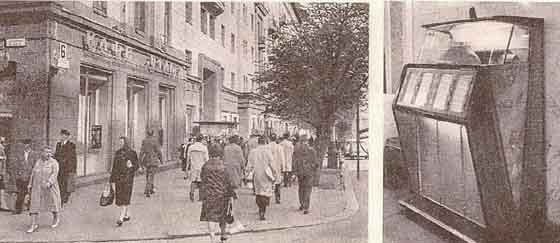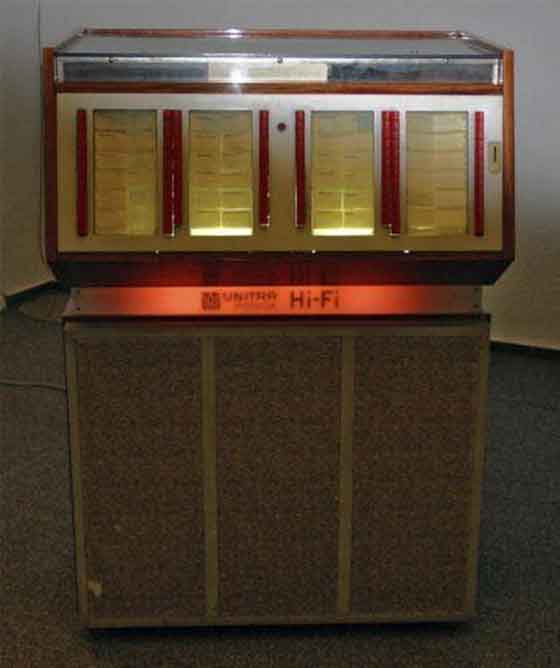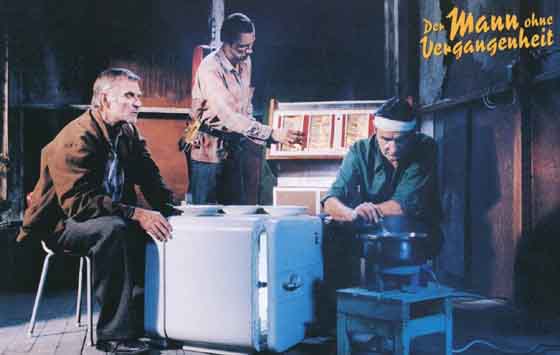Musikboxen Fonica
Musikboxen Fonica

Vielen Dank an Gert Almind für folgende Informationen :
Łódzkie Zakłady Radiowe - Fonica
ul. Wróblewskiego 16-18
Łódź – Poland
Manufacturer of the “Meloman” and “Fonica” coin-operated phonographs (jukeboxes)
The production plant in Łódź was founded in 1945 for production of telephone equipment according to the Marshall industrial plan and was for several decades state owned (until early 1990s). Between 1948 and 1953 the company was officially known as Zakłady Wytwórcze Aparatów Telefonicznych, and in the 1970s the factory became part of the state organization Zjednoczenia Przemysłu Elektronicznego UNITRA, the central owner and controller of several smaller production units. The electronic manufacturing plant in Łódź was mainly known for production of good quality turntables and radio equipment supplied under the plant’s own name ‘Fonica’ or under the name ‘Unitra’ (the main offices). In the period 1978-1993 the company filed around 50 Polish patents, and the last few years under state ownership (the period 1989-1992) the company produced electronic components for the international company Philips. In 1990 the company also started production of compact disc players for Sony, Sanyo, and Mitsumi as a sub-contractor, but the manufacturing company Fonica in Łódź ran into serious financial problems in 1991, especially when the workers occupied the factory building for 20 days demanding higher wages. The company was finally liquidated by the Polish government in April 1992, – although there were very strong protests from local politicians and industry leaders. The factory (produc-tion plant) was taken over in 1996 by the Korean trading house Kyungbang Co. Ltd., and produced electronic equipment under the name Kyungbang-Fonica. In 1998 the plant was sold to Daewoo Electronics Inc. and manufactured television equipment as a sub-assembly plant under the name Daewoo-Fonica until 2002, when the factory finally closed after years of losses.


“Meloman M-120” on location in Café Otdych, Tverskaya ulitsa (= Gor’kogo ulitsa), Moscow, in 1964. This was the first time the people in Moscow could ‘pay to play’, and hear popular hits (even a few from the West).

“Fonica M-123” made 1974 by Unitra Fonica in Łódź.

German lobby cards for the movie “The Man Without a Past” showing a model “Unitra-Fonica M-120-M”. The movie was made by the Finnish director Aki Kaurismäki in 2002.


Für diesen Post bedanken, weil hilfreich und/oder fachlich fundiert.